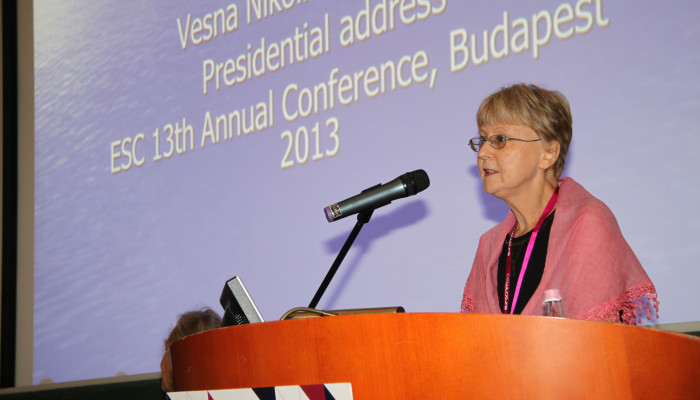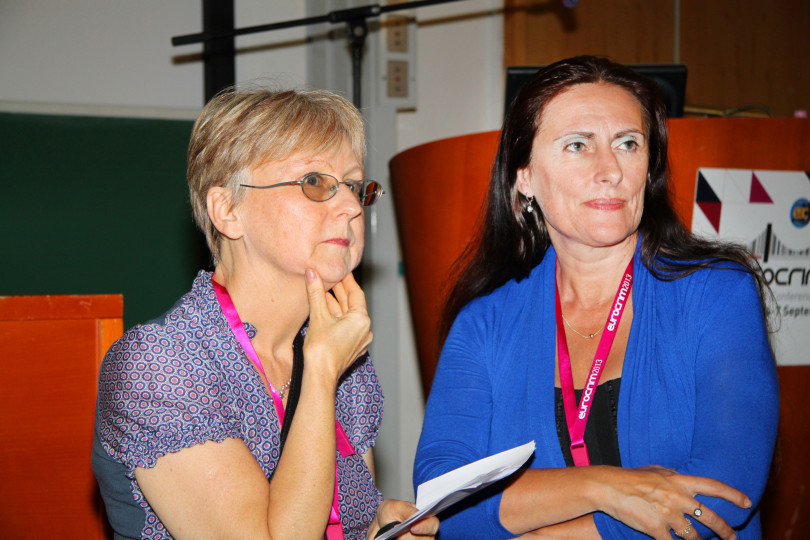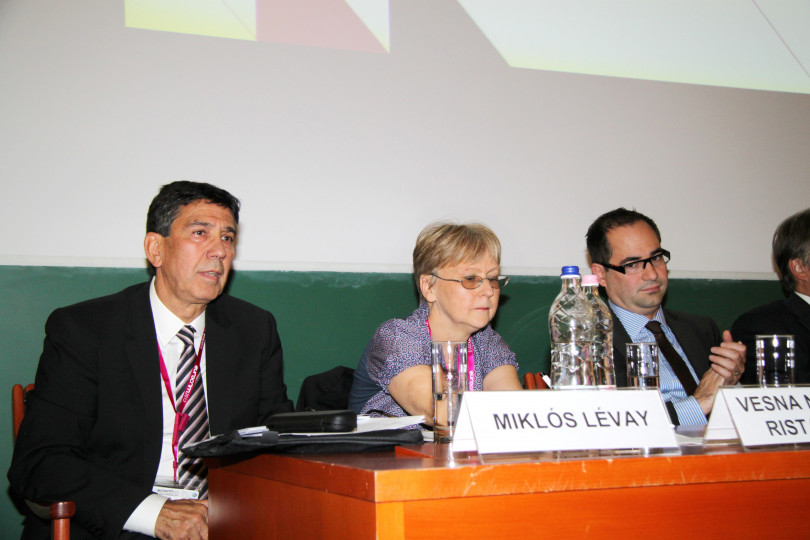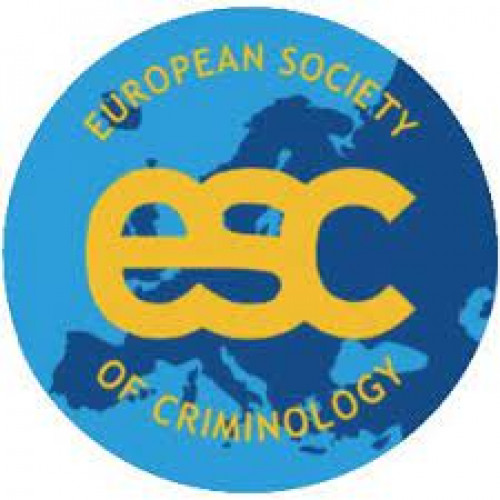25 years of the ESC - the memories of Vesna Nikolic-Ristanovic (ESC president 2012-2013)

Congratulations European Society of Criminology for 25 years of fascinating development - for growing in both numbers and quality! For contributing to the excellence in criminology and for being consistent in bringing together criminologists from all parts of Europe, and other parts of world - for linking West and East, North and South.

The European and international mission of ESC has been evident from the structure of its members, including its presidents and members of the Executive Board, as well as from the locations of its Annual Conferences and the structure and membership of its working groups. Having organised more than half of 25 conferences in Central, Eastern, and Southern Europe, ESC has obviously demonstrated that it is a truly European organisation that has made a significant effort to bridge the gap between criminologies and criminologists from the European West and East, North and South. ESC had six presidents coming from Central and Eastern Europe, three of whom were from the countries of the former Yugoslavia (including me). I need to stress this not only because I am from this region, but also because this region used to be often neglected and inadequately represented in the leadership of similar organisations. Furthermore, the ESC had nine women presidents, with gender balance becoming more stable over time.
The ESC working groups are an existing and continuous opportunity for various forms of cooperation, have been growing in number and activities as well. Working groups cover important areas, many of which, owing to these groups, got better visibility at ESC conferences and promoted innovative research, theories and polices. I would single out in particular: the Victimology Working Group, the European Criminology Group on Atrocity Crimes and Transitional Justice, the Working Group on Balkan Criminology, the Gender, Justice and Crime Working group, the Working Group on Rural Criminology and the Green Criminology Working Group. It would be good for ESC to follow these trends and have an increasing number of active and innovative working groups, following new trends in crime and social responses to it (e.g. AI and ICT-related trends).

I feel honoured for being a part of this exciting journey, through which the European Society of Criminology has gone over the past 25 years, and I wish ESC to continue on this path, with new energy and inspiration. I will be happy to continue to follow and support this development.
